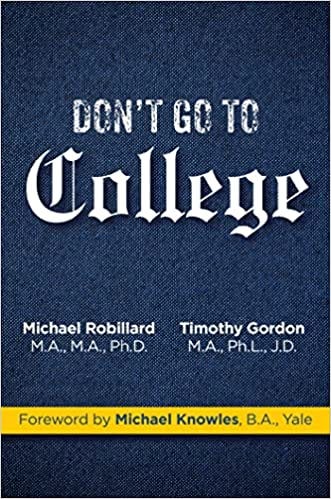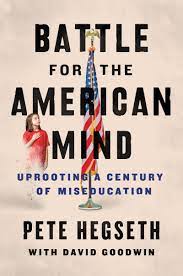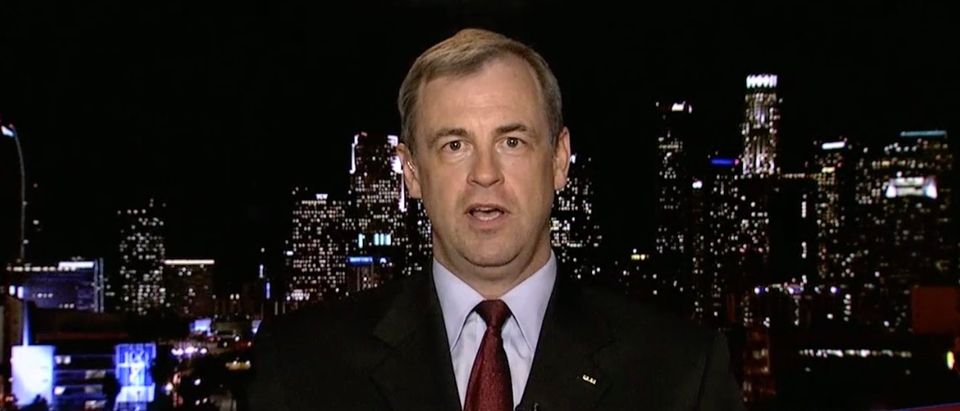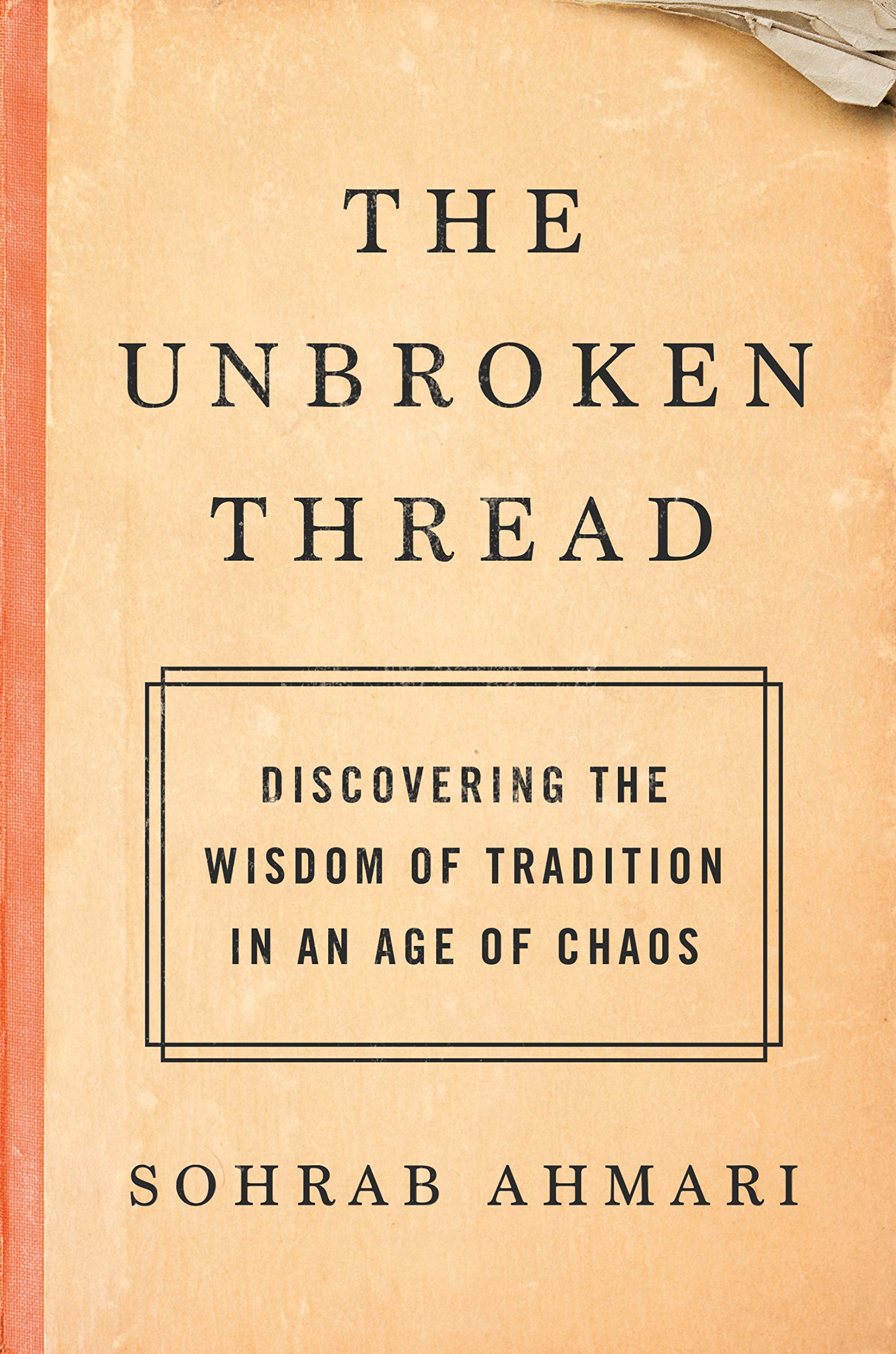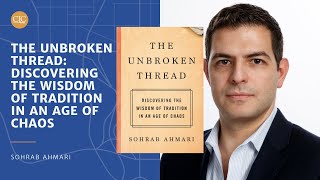
Type: Non-fiction
Category: Political Parties
Author: David Horowitz
Pages: 256
Publisher: Humanix
List Price (Hardcover): $22.99
The late Walt Kelly’s comic strip character Pogo famously opined, “We have met the enemy, and he is us.” Bestselling author and political commentator David Horowitz proves Pogo’s point masterfully in his latest book, “Final Battle: The Next Election Could Be the Last.”
Horowitz asserts that the Democrat Party is the real danger to democracy as they continue chipping away at the foundation of our constitutional republic.
Alarmingly, they are closer to succeeding at remaking America than many realize.

Raised by Communist parents, Horowitz knows exactly where today’s progressives are steering America, and his book is a klaxon horn warning Americans the ship of state has passed the reefs of political fascism and is in serious danger of grounding itself on the shoals of a totalitarian future.
“When the president of the United States declares, as Joe Biden did in 2019, that ‘systemic racism…has been built into every aspect of our system,’ he is endorsing the anti-American radicalism of critical race theorists, Black Lives Matter activists, and cultural Marxists,” Horowitz writes.
Beginning with the questionable election results of the November 2020 election, Final Battle takes readers on an instructive tour of Democrat planned destruction designed to defame America’s history and traditions, undermine the integrity of our elections, politicize our government agencies, indoctrinate the military with mandatory critical race theory instruction, and obliterate our borders by granting noncitizens voting, welfare and healthcare privileges.

Final Battle indicts events of the last three years, including the Left’s impotent response to the Black Lives Matter and Antifa riots in the summer of 2020. It also addresses the faux J6 insurrection and the sham impeachments of Trump, noting that the House impeachment managers didn’t bother delivering the second impeachment charge to the Senate until five days after Trump left office.
“In other words, Democrats were intent on removing a private citizen from an office he no longer held. This made no sense except as a perverse expression of their obsessive hatred of the man himself,” Horowitz notes in Chapter 2.
Horowitz doesn’t mince words in Final Battle, mapping out in 11 economical chapters how citizens’ constitutional rights are frequently being undermined by politicians, bureaucrats, military leaders, federal courts, government health agencies and non-governmental organizations funded by radical financiers like George Soros and Tom Steyer.
“Culture matters. In their zeal to remake the world, Democrats have ignored the consequences of their actions and the human tragedies they have caused,” he writes on the open border crisis. Calling open borders “a terrible idea,” the authors adds, “No other country of consequence has them. In their zeal to gain political power, Democrats have grossly diminished the societies they govern and the lives in their care.”

In Chapter 7’s “Reimagining the World,” Horowitz reiterates the problem with progressives’ unrealistic plans: “The chief problem with utopian schemes: the detachment from reality that comes from replacing the lessons of experience with ideological dogmas.”
Horowitz not only torches liberal cows like Black Lives Matter and the Green Agenda, he also highlights names he blames for much of the unrest the past three years, including Joe Biden, Anthony Fauci and Alexandria Ocasio-Cortez. Granted special recognition for his hypocrisy and disloyalty to his oath of office is Joint Chiefs of Staff Mark Milley.
Two examples Horowitz noted included Milley’s analogy of comparing Donald Trump to Adolph Hitler, and his flip flopping when Trump wanted to invoke the Insurrection Act when a Black Lives Matter mob torched the Church of the Presidents in Lafayette Square. Milley belittled Trump’s request, telling the president, “When guys show up in gray and start bombing Fort Sumter, you’ll have an insurrection. I’ll let you know about it,” Milley said.
Later when Biden and Nancy Pelosi referred to January 6 as an insurrection, Milley “remained dutifully and irresponsibility silent,” Horowitz quotes two Washington Post reporters.
“That such a confused, ignorant and fanatical individual is the head of America’s military forces ought to be deeply troubling to anyone concerned not only about civilian control of the military but the security of America itself,” Horowitz writes of the four-star general who helped mastermind America’s worst military event since Pearl Harbor.
Final Battle is buttressed by 34 pages of foot notes and is written in a format that is succinct, comprehensible and reads like a novel. Horowitz has again done America a favor defending it from forces working tirelessly to transform it into another failed utopian state.
Thanks for reading Dean Riffs. Welcome to all those who love personal liberty, capitalism, and who believe God has blessed America.
Copyright 2023, Dean A. George©






